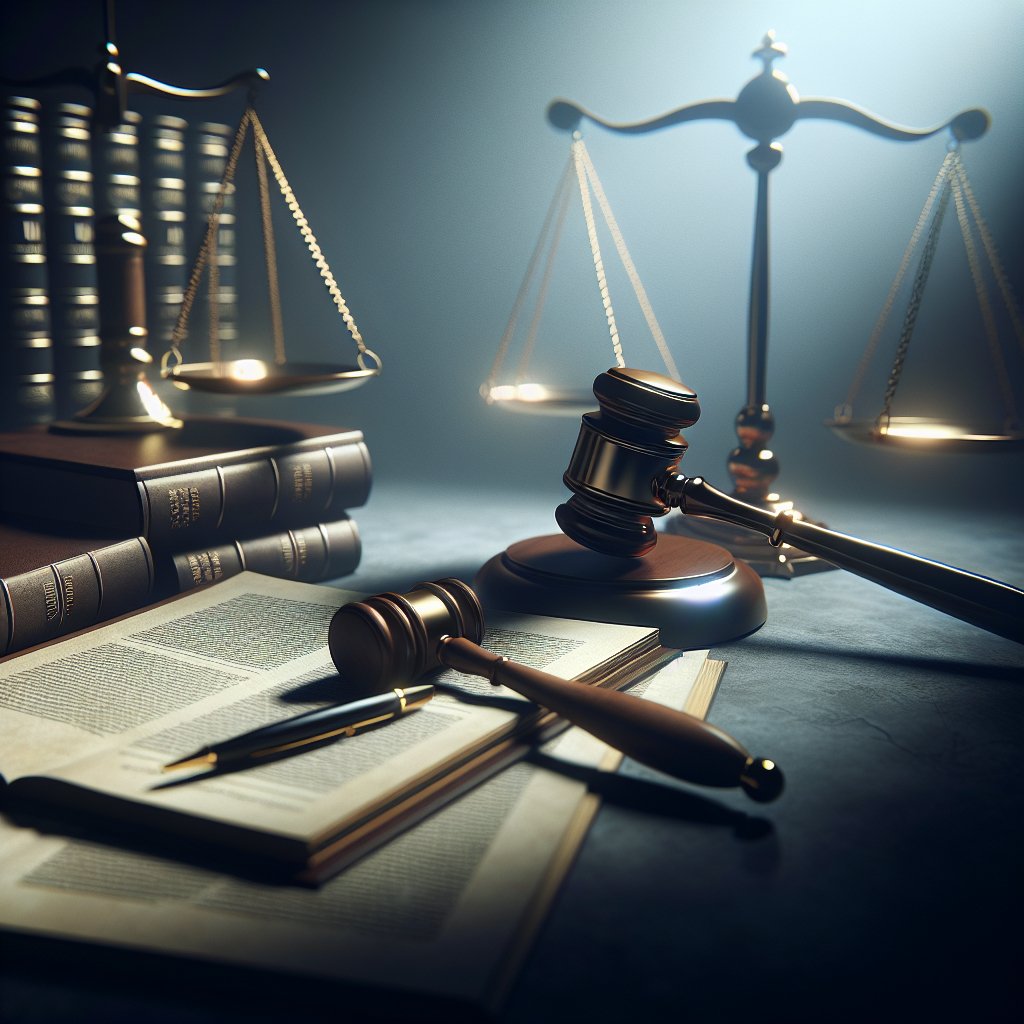An arraignment hearing is a critical step in the criminal justice process, serving as the defendant’s first formal appearance before the court. During this hearing, the charges against the defendant are read, and the defendant is asked to enter a plea. Understanding the intricacies of an arraignment hearing is essential for anyone involved in the criminal justice system, whether as a defendant, lawyer, or interested party.
Understanding the Purpose of an Arraignment Hearing
The arraignment hearing is a fundamental component of the criminal justice process, designed to ensure that the defendant is fully informed of the charges they face. This hearing serves several key purposes, each of which plays a vital role in upholding the rights of the accused and maintaining the integrity of the legal system.
Firstly, the arraignment hearing is the official moment when the defendant is informed of the charges against them. This is crucial because it ensures that the defendant is aware of the specific allegations and can prepare an appropriate defense. The charges are typically read aloud in court, and the defendant is provided with a copy of the indictment or information.
Secondly, the arraignment hearing is the stage at which the defendant enters a plea. The defendant can plead guilty, not guilty, or, in some cases, no contest. The plea entered at this stage can significantly impact the course of the legal proceedings. A guilty plea may lead to immediate sentencing, while a not guilty plea will result in the scheduling of further court dates, including pre-trial hearings and potentially a trial.
Additionally, the arraignment hearing provides an opportunity for the court to address issues related to bail or release conditions. The judge may decide whether the defendant should be released on bail, remain in custody, or be subject to specific conditions if released. This decision is based on factors such as the severity of the charges, the defendant’s criminal history, and the risk of flight or danger to the community.
The Role of Criminal Lawyers in Arraignment Hearings
Criminal lawyers play a pivotal role in arraignment hearings, advocating for the rights and interests of their clients. Their involvement is crucial in ensuring that the defendant receives a fair hearing and that their legal rights are protected throughout the process.
One of the primary responsibilities of a criminal lawyer during an arraignment hearing is to advise the defendant on how to plead. This decision is not taken lightly, as it can have significant legal consequences. The lawyer will assess the strength of the prosecution’s case, the evidence available, and any potential defenses before recommending a plea. In some cases, the lawyer may negotiate with the prosecution for a plea bargain, which could result in reduced charges or a lighter sentence in exchange for a guilty plea.
Criminal lawyers also play a critical role in addressing bail and release conditions. They advocate for their client’s release on bail, presenting arguments and evidence to demonstrate that the defendant is not a flight risk and poses no danger to the community. If bail is granted, the lawyer may also negotiate the terms and conditions of release to ensure they are fair and reasonable.
Furthermore, criminal lawyers ensure that the defendant’s rights are upheld during the arraignment hearing. They scrutinize the charges and the evidence presented, challenging any procedural errors or violations of the defendant’s rights. This vigilance is essential in safeguarding the integrity of the legal process and ensuring that the defendant receives a fair trial.
Conclusion
An arraignment hearing is a crucial step in the criminal justice process, serving as the defendant’s first formal interaction with the court. It is a multifaceted proceeding that involves informing the defendant of the charges, entering a plea, and addressing bail and release conditions. Criminal lawyers play an indispensable role in this process, advocating for their clients’ rights and ensuring that the legal proceedings are conducted fairly and justly. Understanding the intricacies of an arraignment hearing is essential for anyone involved in the criminal justice system, as it sets the stage for the subsequent legal proceedings and can significantly impact the outcome of the case.




